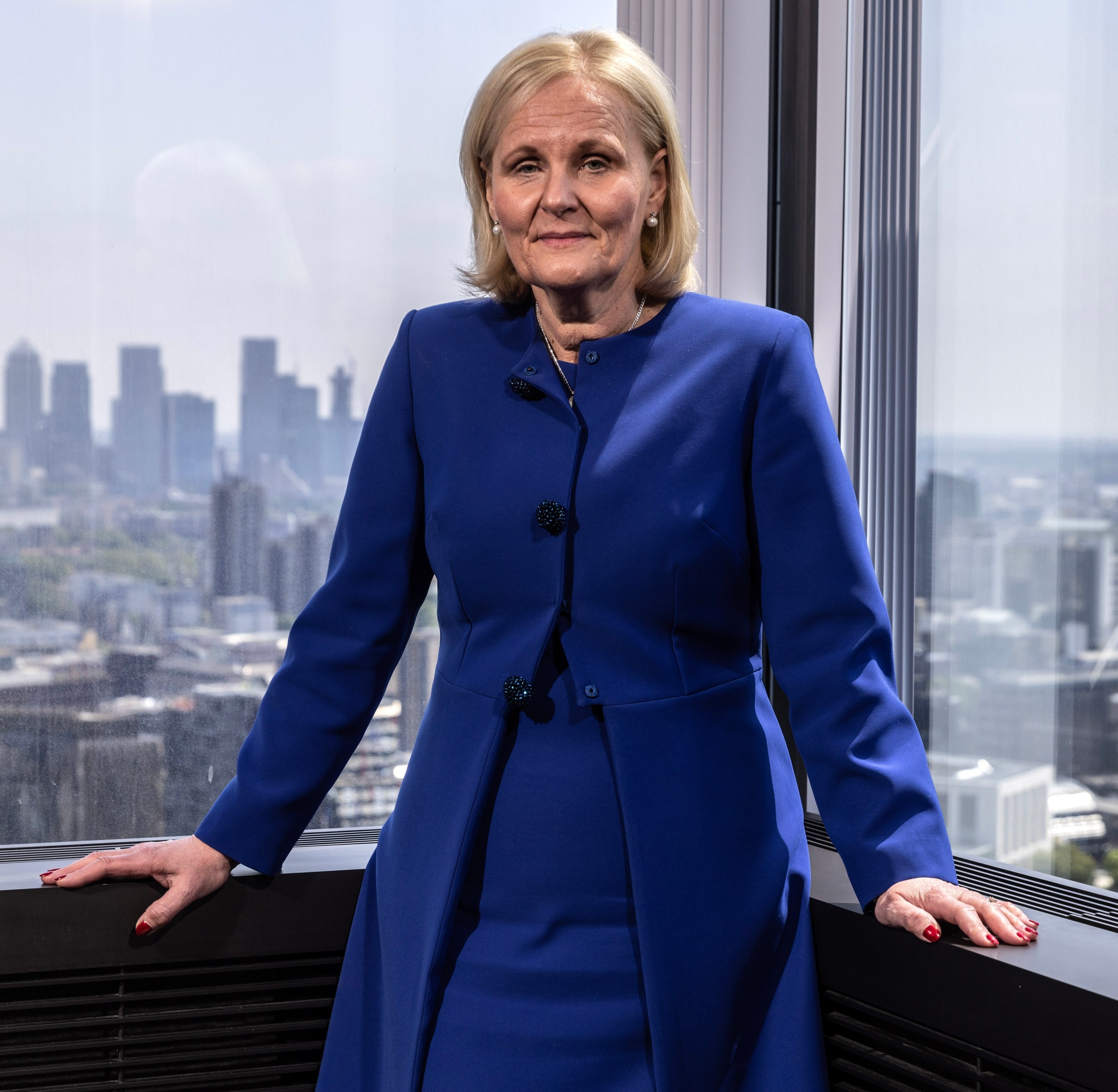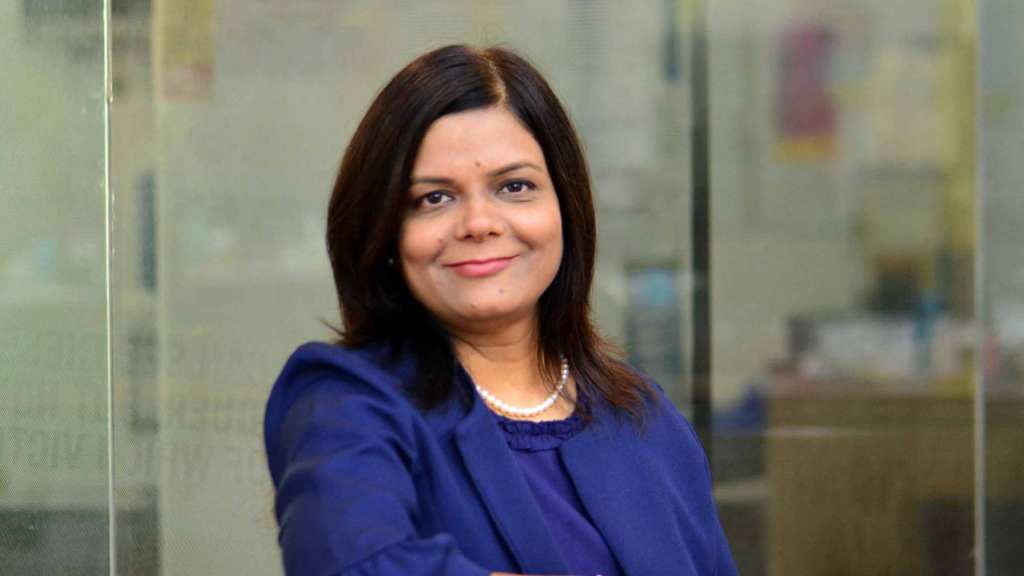Aviva Allegedly Used Fake Invoices to Evade $5.2 Million in Indian Taxes
According to unpublished claims made by India’s tax authority, Aviva allegedly employed fake invoices and covert cash transactions to mask $26 million in commissions paid to sales agents, thereby violating tax and regulatory rules.
Reports indicate that the FTSE 100 insurer utilized false invoices to improperly claim tax credits, allowing them to evade $5.2 million in tax obligations, as outlined in a notice from the Directorate General of Goods and Service Tax Intelligence.
The tax investigators asserted, “Aviva and its officials have engaged in a sustained conspiracy, utilizing fake invoices (without actual receipt of services) to transfer funds to insurance distributors of Aviva.”
While Aviva has positioned itself as “absolutely committed to being an ethical and responsible business,” the company stated, “This is an industry-wide issue representing a minor potential tax claim for our Indian joint venture, which is actively cooperating with the relevant authorities in India. No adverse ruling or penalty has been issued against Aviva.”
Although Aviva India represents a small segment of the overall Aviva organization, it has experienced rapid growth. In September 2022, Dame Amanda Blanc, the group chief executive, invested £37 million to increase its stake in the venture from 49 percent to 74 percent. Aviva India operates as a joint partnership with Dabur Invest Corp, a local entity.
The alleged infractions reportedly occurred between 2017 and 2023. Such “show cause” notices typically require companies to justify why authorities should not impose penalties for the claimed actions. Aviva plans to contest these findings.
This situation is part of a larger investigation into over a dozen Indian insurers accused of evading approximately $610 million in unpaid taxes, interest, and penalties.

As one of Britain’s largest insurance providers, Aviva has 18.7 million customers across the UK, the Republic of Ireland, and Canada, with assets under management totaling £170 billion. The company’s offerings include home and car insurance, along with life assurance and pension products.
The Directorate General’s extensive 205-page report featured screenshots of communications between Aviva executives and insurance distributors, illustrating their discussions concerning methods to circumvent compensation regulations that limit commission payments. It also included summaries of interviews conducted by tax officials with key executives, including Sonali Athalye, the chief financial officer of Aviva India, who detailed how the payments were handled.
Trevor Bull, who served as Aviva India’s chief executive at the time, was mentioned in a 2019 email regarding payments that exceeded regulatory limits, suggesting that “senior management of Aviva is also aware of this,” according to investigators.




Post Comment